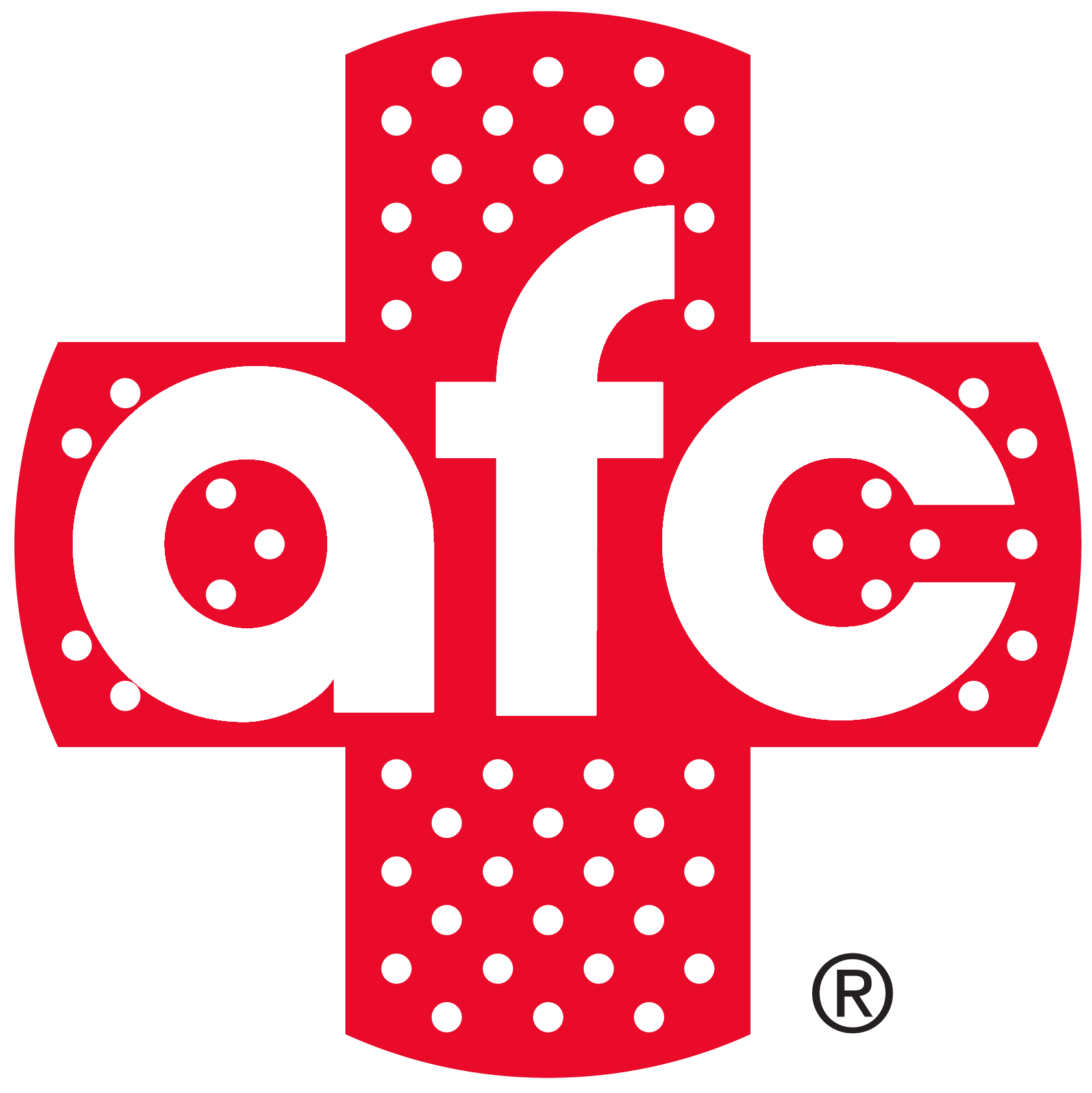Find The Location Nearest Covid-19 Testing
We think you’re located in zip code 37849. Not Right?
$35 Sports Physicals for Middle School Students
Pre-Register NowPowell Sports Physicals Near Me
School sports are in full swing! Come visit AFC Urgent Care of Powell to receive your annual sports physical today. We are open every day of the week with no need for an appointment.
Playing sports offers numerous benefits for maintaining physical and mental fitness. In addition to promoting a healthier lifestyle, sports activities enable individuals to engage in social interactions, develop teamwork skills, and form new connections. However, it is crucial to undergo a sports physical prior to the start of the sports season. This will ensure your safe participation and identify any potential health concerns that may hinder involvement in your sport.
What to Know Before Your Physical
Before your visit, make sure to have all necessary forms ready, including completed health and immunization history documentation. If you have had any previous heart problems or conditions, please obtain written confirmation from your primary care or treating physician stating that the condition does not hinder your ability to participate in sports.
*AFC Urgent Care can only authenticate immunizations administered at our clinics or with proper documentation demonstrating your vaccination history.
What is a sports physical?
A pre-participation physical examination (PPE), commonly known as a sports physical, is a medical evaluation conducted to assess the safety of a child or teenager’s participation in a specific sport.
What’s involved in a Sports Physical?
A sports physical typically consists of two major parts: medical history and a physical exam.
Medical History
The medical history section of the examination involves responding to inquiries regarding previous or ongoing medical conditions, medications, injuries, and any other health concerns. We will also inquire about family medical history, lifestyle habits, and any additional relevant health issues. The following are some typical components addressed in the medical history segment:
- Family history of any serious illnesses (Cancer, heart disease, respiratory issues, etc.)
- Current and previous illnesses from any time in childhood (asthma, diabetic issues, epilepsy or seizures) Any hospitalizations or surgeries
- Allergies to medication, food, or insect bites
- Previous injuries (broken bones, sprains/strains, dislocations, concussions)
- Loss of consciousness, dizziness or fainting spells.
- Any chest pain or discomfort
- Difficulty breathing when working out or exercising
- Frequent headaches
- Heart problems and irregularities (murmur or irregular heartbeat)
- Liver or kidney issues
- Regular medications (prescription and non-prescription medications, natural or herbal supplements. Current and previous mental health diagnoses or concerns (depression, anxiety, perfectionism, stress, and attention deficits)
A parent or guardian should be present to assist in answering the medical history questions as many children may not be familiar with or recall their complete individual or familial medical history. According to most healthcare professionals, medical history is considered the most crucial aspect of the sport physical examination.
Physical Examination
The physical examination portion of the medical exam entails a comprehensive assessment of the patient’s body. This includes an evaluation of the heart, lungs, eyes, ears, and other body areas. The healthcare professional will also observe if there are any indications of illness or injury. Throughout the physical examination, your provider will check, test, and document several measures, including:
- Height and weight
- Blood pressure and pulse
- Vision and hearing tests
- Your heart, lungs, abdominal area, ears, nose and throat
- Possible hernia
- Muscle strength and flexibility, posture, joints
- Cholesterol, hemoglobin count and a urinalysis (depending on the child’s age)
The physical examination is generally identical for both male and female patients. However, the medical practitioner may inquire about specific matters depending on whether your child has initiated or completed puberty.
Your healthcare provider will want to know if you are taking any drugs, alcohol or nutritional supplements. This could be anything from weight-loss supplements to steroids or performance enhancers. It’s important for them to know, as these substances can have an impact on your health.
Why is it important to get an annual Sports Physical?
It is crucial to undergo an annual sports physical to ensure the identification of any new or developing conditions. Drastic changes can occur over a year, particularly as children and teenagers grow.
During a sports physical, your medical provider assesses any potential diseases or injuries that may hinder your ability to participate in your sport. This involves reviewing your family medical history and conducting additional tests, if necessary. For instance, if you have asthma, your healthcare professional may suggest using a different inhaler or adjusting the dosage based on the sport you play or the position you hold. Moreover, your physician may recommend specific stretching or strengthening exercises to minimize the risk of injuries.
When should I get a Sports Physical?
Try to schedule your sports physicals about six to eight weeks before the start of your season. This time frame allows your healthcare provider ample time to conduct a thorough evaluation, address any existing medical concerns and make necessary referrals to specialists or schedule follow-up examinations.
If you procrastinate getting your sports physical until the last minute, there is a possibility that you will not receive clearance to play in time. That is why it is crucial to plan ahead and ensure that you complete your sports physical early.
What if there is a problem after the exam?
Normally, after completing the sports physical exam, the provider will fill out and sign the exam form. However, there may be instances where the provider requests additional testing, another examination, or prescribes treatment for any medical issues discovered during the exam.
Your provider may also recommend specific adjustments, such as the use of appropriate safety gear, keeping epinephrine shots on hand for severe insect allergies during outdoor sports, or utilizing an inhaler for asthma.
If your AFC provider suggests any of these modifications or treatments, it is crucial to follow their instructions. This way, you can ensure the safety and well-being of yourself or your child throughout the entire season. The majority of health concerns will not hinder children from participating in sports, but there may be instances where treatments or follow-up exams are necessary for them to be able to play.
 How Can We Help?
How Can We Help?
- PATIENT SERVICES
- COVID-19 SERVICES
- TELECARE
- EMPLOYER RESOURCES
- PATIENT RESOURCES
- ABOUT US

Don't wait to get the medical attention you need.
CALL US TODAY | (865) 250-0135


